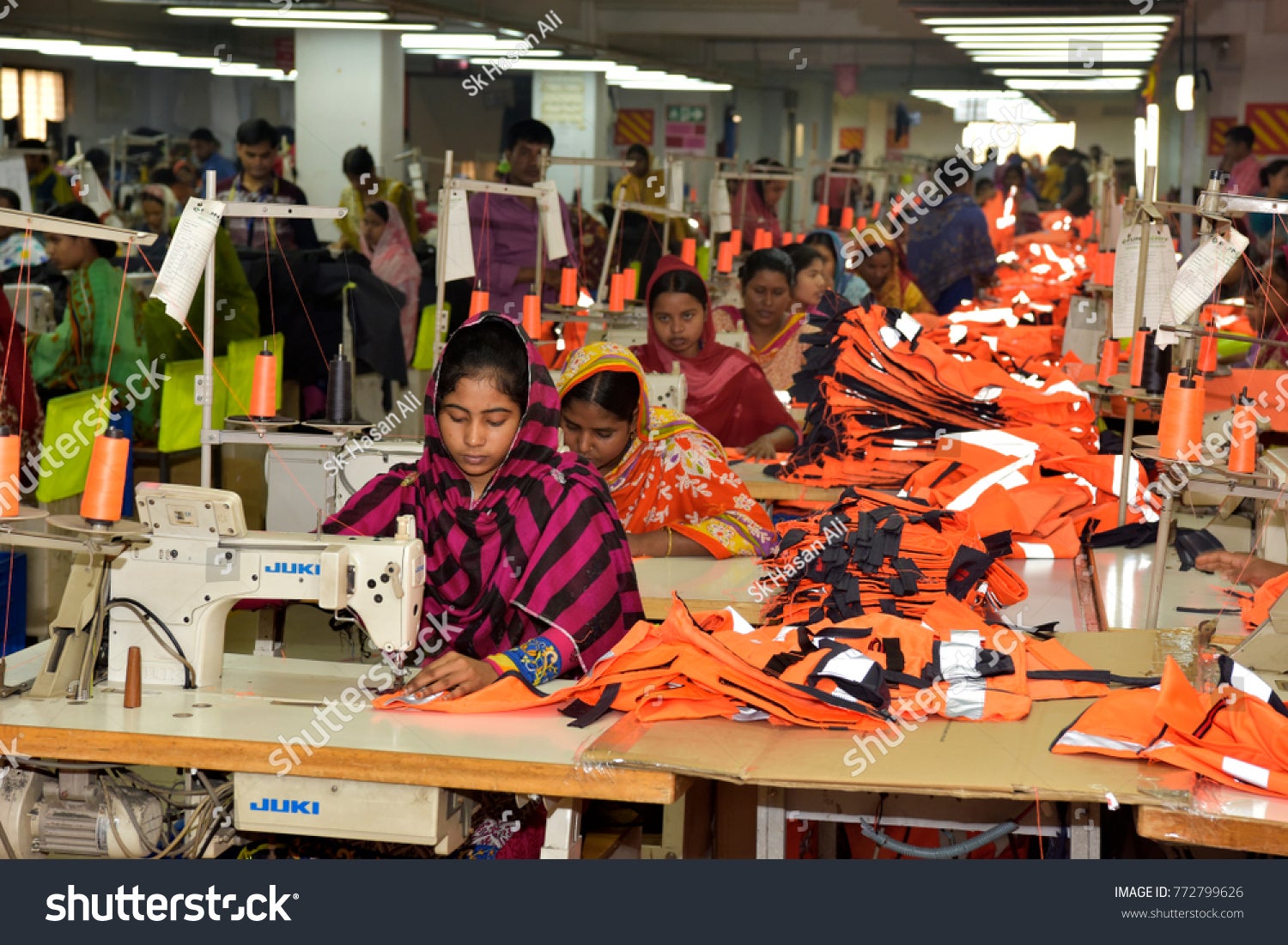
Suppliers participating in the Better Buying Purchasing Practices Index 2022, and answering questions in the ‘Win-Win Sustainable Partnership’ category (which measures brands’ and retailers’ contributions to reducing industry-wide audit duplication), were asked if their buyers accepted standardised audits rather than buyer-specific audits or assessments.
63.8% responded that they did, with just over a fifth (22.5%) reporting that their buyer accepted the Social and Labor Convergence Program (SLCP)’s Converged Assessment Framework (CAF). These suppliers reported a number of benefits from their buyers accepting the CAF, including: greater clarity on corrective actions (63.7%); reduced staff time devoted to auditing (58%); and money saved on auditing expenses (46.7%).
Of those suppliers reporting that they were saving money as a result of their buyers accepting CAF, most (66.7%) estimated they were saving up to US$5,000 a year, with 4.3% reporting savings of $20,000 more. When asked how they were investing these savings, 36.7% reported making investments in the workplace, 35.3% were offering new programmes to workers, and 7.7% were paying higher wages.
Dr. Marsha Dickson, president and co-founder of Better Buying Institute, explains: “When brands and retailers accept the SLCP Converged Assessment Framework instead of insisting on buyer-specific audits, the potential for worker benefits are significant. But audit harmonisation is only part of the picture. Buyers’ purchasing practices need to be strong across all seven Better Buying categories to support ongoing supplier sustainability and deliver consistent benefits to workers.”
Janet Mensink, executive director of SLCP, says the 2022 results demonstrate that facilities experience tangible benefits when their buyers use converged tools.
“Improving purchasing practices should be a priority for all brands and retailers, and ditching their proprietary audit tools is a relatively simple step they can take to become more responsible buyers. We urge more companies to adopt SLCP so time and resources can be directed away from auditing to more useful activity.”
Décor Apparel, a global full-service apparel design and manufacturing company, has been engaged with the SLCP CAF since 2018, and has now adopted its use facilities in China, Vietnam, Bangladesh, Mexico, India and Kenya.
Michael Cai, director of operations and supply chain, says the SLCP CAF enables widespread sharing of one single verified assessment, eliminating the need for each buyer to conduct their own audit.
“This frees us up from handling multiple audits, uplifts our efficiency and enables us to work more productively together with our facilities to drive positive impacts and improve workers’ conditions.
“By leveraging the SLCP CAF, we have elevated the capability of our Responsible Sourcing Team. The improved efficiency has enabled us to manage an ever-growing supply chain network without adding more head counts. And thanks to the savings we’ve made from reduced audits, our factory partners have been able to invest in improving working conditions and providing more welfare benefits to their workers. In 2022, we were able to share the SLCP CAF verified data with four brands, covering 80% of our production volume.”
Earlier this year, the Better Buying Institute published a checklist for brands and retailers looking to improve their partnerships with suppliers, featuring in a Deep Dive on Win-Win Sustainable Partnership.
BBI suggested brands and retailers discontinue the use of proprietary company audits and assessments and start talking to their suppliers about alternatives, such as the SLCP Converged Assessment.


